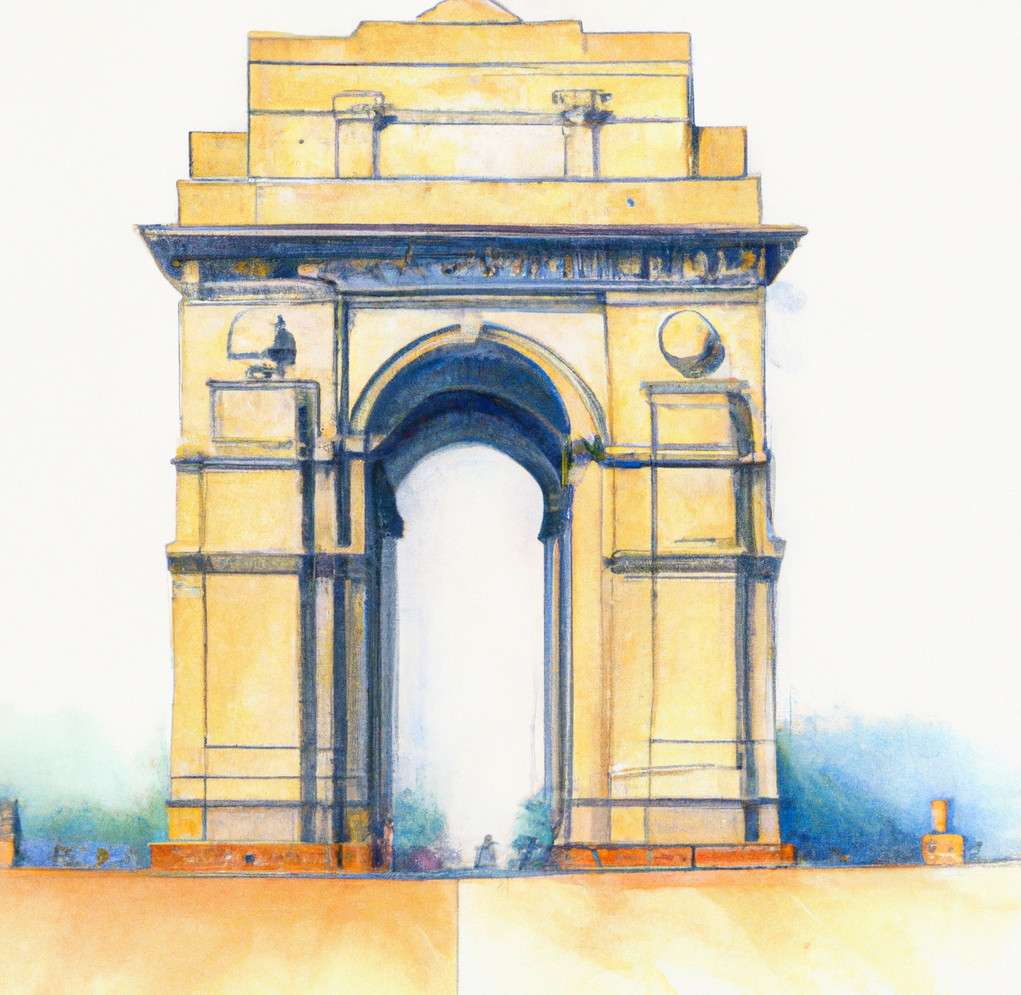Hindi is a language that is spoken by millions of people worldwide, especially in India. It has a rich cultural heritage and is known for its literature, art, and music. However, the question that frequently arises is whether Hindi is a classical language or not.
To answer this question, we need to understand what a classical language is. A classical language is a language that has a recorded history of more than a thousand years and has a rich literary tradition. It is also the language of a particular culture that has made significant contributions to the world’s intellectual and artistic heritage.
Hindi is one of the official languages of India and is spoken as a mother tongue by more than 500 million people. It is also an Indo-Aryan language that has evolved from Sanskrit, which is also a classical language. Hindi has a rich literary tradition that dates back to the 7th century AD, and it has produced some of the world’s finest works of literature.
However, despite its rich history and literary tradition, Hindi is not considered a classical language. The reason for this is that Hindi has not been used as a language of scholarship and learning at the highest levels for a sustained period. It has not been used as a language of administration or governance, nor has it been used extensively in science and technology.
In contrast, languages like Sanskrit, Latin, Greek, Chinese, and Arabic have been used as languages of scholarship and learning for centuries. They have contributed significantly to the world’s intellectual and artistic heritage and have a rich literary tradition that spans thousands of years. These languages are considered classical languages because of their sustained use as languages of scholarship and learning.
In conclusion, Hindi is a rich and vibrant language with a rich literary tradition. However, it is not considered a classical language because it has not been used as a language of scholarship and learning for a sustained period. Nonetheless, Hindi remains a valuable language that has contributed significantly to the world’s cultural heritage, and its importance cannot be overstated.
